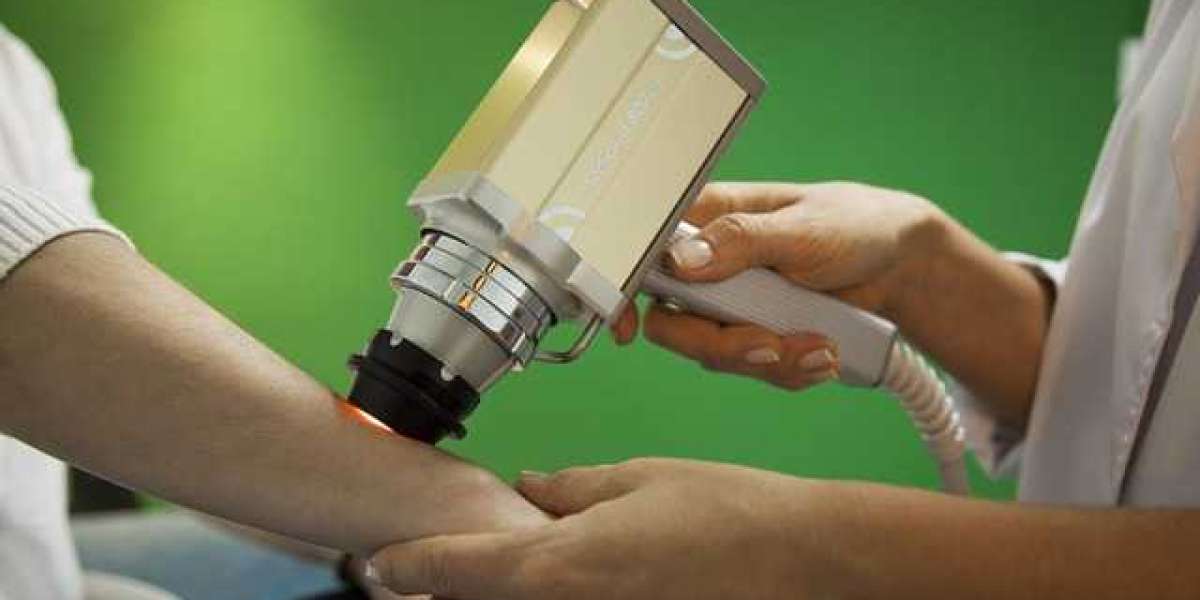Although the world of healthcare is changing rapidly, nursing still remains one of the few professions that seamlessly blend purpose with stability and career growth. If you’re just starting your career or considering a new direction, becoming a registered nurse is often seen as a meaningful and rewarding path to take. But is becoming a registered nurse really worth it? To answer that, we need to look at the daily reality of nursing, the financial outlook, the education path, and the long-term career potential.
Let's break down the pros, cons, and earning potential of RNs so you can make a well-informed decision.
What Does a Registered Nurse Do on a Daily Basis?
RNs play a major role in patient care. The job responsibilities of nurses are a lot more than just taking vitals and administering medication, they're the backbone of patient care. They act as a bridge between doctors and patients, advocating for individuals who often can't speak for themselves.
On a typical day, an RN may:
- Assess and monitor patients' health conditions
- Update charts and coordinate care plans with doctors and specialists
- Administer medication and educate patients about their treatment
- Support families by answering questions and offering emotional reassurance
- Respond to emergencies and adapt to fast-changing patient needs
RNs can work in hospitals, outpatient clinics, nursing homes, schools, or even as travel nurses. The environment they work in often affects their schedule and duties, but one thing remains consistent: the role requires both technical skills and compassion.
If you're someone who thrives in high-responsibility environments and enjoys helping others through challenging moments, nursing offers deep professional and personal fulfillment.
How Long Does It Take to Become a Registered Nurse?
The timeline depends on the path you choose and your current education level. Here are the most common options:
- Associate Degree in Nursing (ADN): This program typically takes about 2 years. It's the fastest route, but may limit job options in some states or hospitals.
- Bachelor of Science in Nursing (BSN): Usually gets completed in 4 years. Many employers now prefer or require this degree due to its comprehensive training.
- Accelerated BSN Programs: Ideal for those who already hold a bachelor's degree in another field. These programs can be completed in 12–18 months.
- Direct-entry Master's Programs: For career changers who want to move into advanced nursing roles, although this is a longer and more intensive option.
After completing your degree, you'll need to pass the NCLEX-RN exam to become licensed. After licensing, some states also require additional background checks or certifications.
Although the education process may seem long, it's often shorter than other healthcare roles, like becoming a doctor or physician assistant. Plus, nurses can enter the workforce sooner and begin earning while pursuing advanced training later.
How Much Can You Earn as an RN?
When it comes to salary, registered nursing offers competitive pay almost everywhere—but how much you can earn really depends on where you live, your experience, and the healthcare system in your region.
U.S., Canada, UK, Australia, and Germany
Other than being a respectable profession, nursing is also well-compensated in developed countries like Australia, the US, Germany, Canada, and the United Kingdom. In the U.S., for instance, nurses earn anywhere from $60,000 to over $100,000 annually, with higher wages in states like California and New York.
Canadian nurses typically earn between CAD 65,000 and 95,000, while Australian nurses can make AUD 70,000 to 110,000, especially in urban areas and private hospitals. In England, Band 5 nurses working with the government get a starting salary of around £28,000, but those in senior roles or agency positions can earn considerably more.
Nurse Pay Across Europe
Across Europe, pay can vary more widely. Nurses in countries like Switzerland and Norway are some of the highest earners globally, thanks to strong public healthcare systems and a higher cost of living. Meanwhile, in Eastern Europe, salaries tend to be lower but often come with other benefits like housing assistance, public health coverage, and early retirement plans.
What Nurses Earn in Asia?
In Asia, the situation is more mixed. Nurses in countries like Singapore, Japan, and South Korea earn decent middle-class incomes and often receive bonuses or allowances. However, in developing economies such as India, Pakistan, or the Philippines, salaries are significantly lower—but many nurses from these regions pursue international opportunities for better pay, especially in the Middle East, the UK, or North America. In fact, global mobility is one of the major advantages of a nursing career.
It's also worth noting that experience and specialization play a significant role in salary growth. A nurse in the beginning of their career will earn less than someone with a decade of experience or an advanced credential. If you choose to specialize in areas like ICU, oncology, or emergency care, your earning potential increases. Leadership positions, like nurse manager or clinical educator, also come with higher pay.
Is There Strong Job Demand for Nurses?
Yes, and it's growing worldwide. Healthcare systems in both developed and developing countries face aging populations, chronic disease burdens, and increased patient needs. All these factors are contributing to the continuous rise in demand for qualified nurses. Countries like the U.S., Canada, Germany, and Australia continue to report nursing shortages, while the UK's NHS regularly recruits from abroad to fill persistent gaps.
In Asia and the Middle East, rapid hospital expansion and medical tourism have also increased the need for skilled RNs. Whether you're staying local or planning to work abroad, the demand for registered nurses remains strong and steady across the globe.
What Are the Pros and Cons of Being an RN?
Like any career, nursing has its highs and lows. Considering both the advantages and challenges helps you make an informed decision.
Benefits
- Job Security: Nurses are needed in every region and across all areas of healthcare.
- Impactful Work: You get to make a real difference in people's lives.
- Flexible Scheduling: RNs can work 3–12 hour shifts, night shifts, weekends, or part-time.
- Career Mobility: You can grow into leadership roles, specialize in different fields, or advance into positions like nurse practitioner or educator.
- Competitive Pay and Benefits: You can get high compensation especially in urban areas and specialized units.
Challenges:
- Emotional and Physical Stress: Dealing with illness, trauma, or loss daily can take a toll.
- Extended Hours and Shift Work: Especially early in your career, you may work nights or holidays.
- Exposure to Illness: Working around patients puts you at risk for infection.
- Heavy Workload: Staffing shortages in some facilities can lead to burnout.
Still, many nurses say the rewards far outweigh the challenges—especially when the right support systems are in place.
Is a Registered Nurse Career Really Worth It? Here’s the Bottom Line
So, is pursuing a career as a registered nurse really worth all the time, effort, and training it takes?
If you're looking for a career that combines purpose, financial stability, and room to grow, nursing absolutely fits the bill. This role has strong earning potential and high demand. Also, you get the chance to build a lasting, impactful profession.
If you're starting your career as an RN and actively looking for a registered nurse job in Atascadero, consider applying through Intuitive Health Services. We connect talented nurses with opportunities that fit their skills and requirements.








